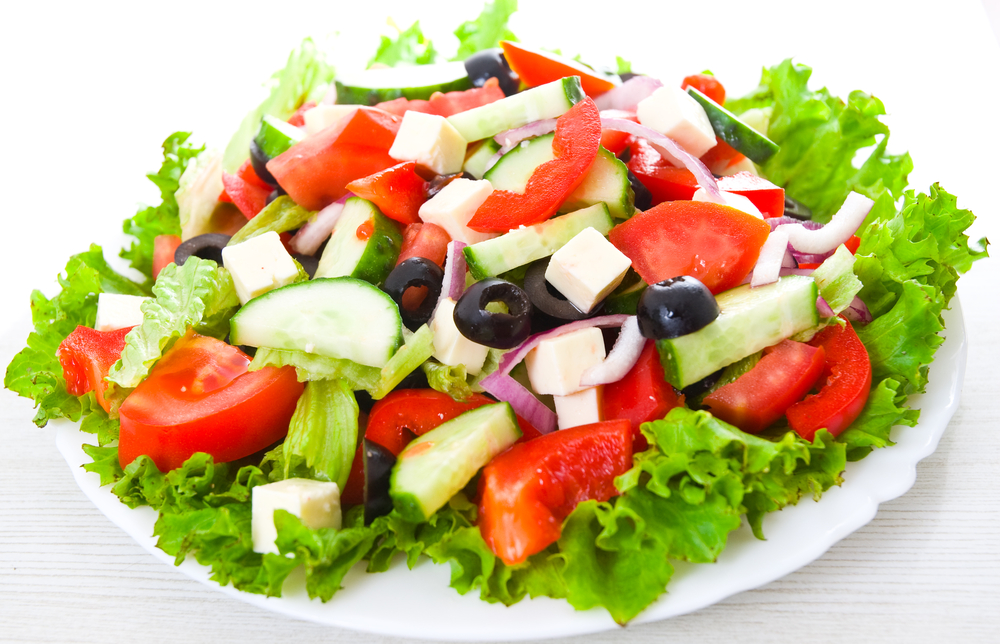“Her child wouldn’t have those behavior issues if she didn’t feed him processed foods.”
“If Jesus didn’t eat it, neither should we!”
“God has a secret, superior eating plan hidden in the Bible, if you’re not too lazy to find it!”
Just when it feels like you’ve heard them all, someone comes up with another means of attributing moral properties to what kind of cheese you eat (or if you eat it!). And the month of January is a catalyst for such attitudes.
Because it apparently doesn’t go without saying, it is a worthy thing to seek out foods that nourish our bodies and activities that keep our bodies functioning as well as possible for as long as possible. At least as far as it is within our human capabilities to control.
As Christians, we should have more motivation than anyone to take care of our bodies, both as God’s special creation and as the temples of the Holy Spirit.
However, if we start treating our diet and activity choices as though they give us the ability to be God, as though through those choices we can change the natural order of the rules of biology that God created, as though we can remove the natural consequences of living in a fallen world damaged by sin and thus containing disease, defects, and death, we find ourselves in a dangerous place.
That’s the Old Man of the World thinking. That’s not the thinking of the New, Regenerated Man who recognizes that ultimately all health and healing comes from God, and to paraphrase someone else, “God ain’t us.”
I was born with heart defects. Genetically random, 2%-possibility-of-developing-in-utero heart defects. As a result, even following reparative surgeries, I still have to live with the effects of those defects 30 years later. Through diet and exercise choices, as well as medical treatment, I can mitigate those affects, but they will not be removed until I receive my regenerated body in Heaven. (Oh, what a glorious day!)
Does that mean I shouldn’t be conscientious about what I eat and how I move? Of course not! Again, apparently that doesn’t go without saying, even though it should.
But as Christians, we need to humbly submit ourselves to the reality that our physical bodies suffer the effects of the fall every bit as much as the world around us.
That’s really what it boils down to: humility. It’s been brought up in other places by more eloquent people, Douglas Wilson comes to mind, but when our dedication to “healthy living” causes us to have less love for our neighbor, then it no longer matters what our body fat percentage is or how much of what is on our plate is green or fried.
No, it really doesn’t.
If, as we are eating our locally-sourced organically-grown green salad with a touch of vinaigrette and wash it down with purified water, at the same time think “what a poor mother so-and-so is for letting her children eat fast food,” we are a clanging gong, even if we mask our statements with “concern.”
If we can’t love someone “even” when they eat French fries – or “even” when they don’t – then it is all vanity.
I’m speaking to myself. The idea that I’ve discovered some hidden “ultimate” lifestyle that others haven’t, and thus I can’t see someone else eat without running every bite through my value rubric to see how they measure up, or even do the “You only run marathons? You need to lift weights to REALLY be healthy!” preen: I’ve been that person, and I still fight that person within me.
While we begin a New Year with the goal of honoring God with our bodies, let us also strive to renew our minds, asking God to protect our hearts from finding our worth in our dinner plates, and instead to spur us on toward good works for others.
